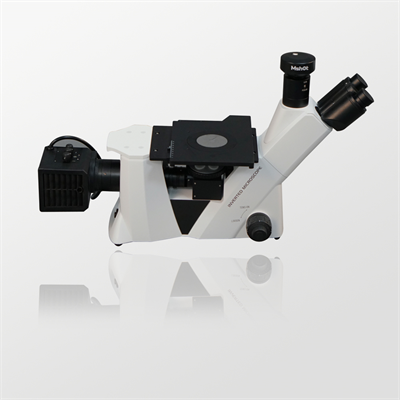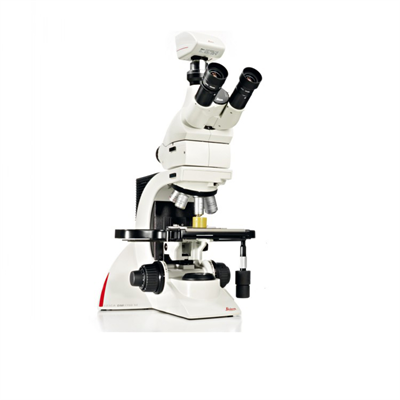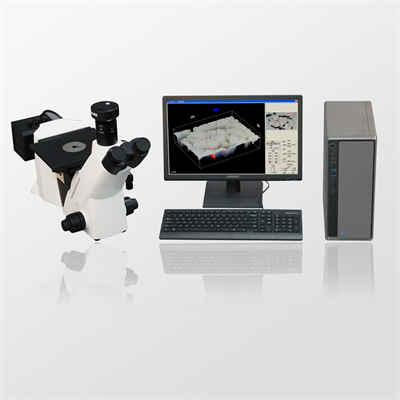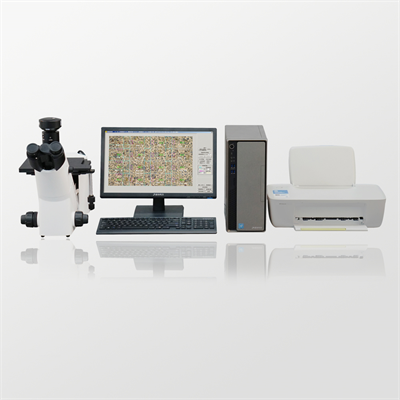生物显微镜的基本结构
浏览量 :
发布时间 : 2025-08-13
生物显微镜的基本结构 显微镜的基本结构可分为光学系统、光源照明系统和机械装置三部分。
生物显微镜的基本结构
显微镜的基本结构可分为光学系统、光源照明系统和机械装置三部分。下面分别对它们予以介绍。
一、生物显微镜的光学系 显微镜的光学系统主要包括物镜、目镜、聚光镜和光源系统滤光片、载玻片和盖玻片。)
(一)物镜.
物镜一般都是在物镜转换器上旋着。它是显微镜的主要部件。显微镜的放大及分辨作用主要由它来担当。其优劣决定了显微镜的主要光学性能。
(二)目镜
目镜通常插在镜筒上。根据需要可以方便地拔插更换。其作用是把物镜放大后的像作进一步的放大,使人眼能够清楚地观察标本。它有单目和双目两种工作方式。廉价显微镜多采用单目形式,使用时,只能用一只眼睛观察。双目显微镜配有两个相同的目镜,可供两只眼睛同时观察。一般的目镜是由上下两块或两组透镜组成。下面的一块大透镜叫场镜,上面的一块小透镜叫接目镜。两块透镜之间有一个环状光栏,用它来限制视场的大小,只留下成像质量较好的像供观察,通常把它叫做视场光栏。光栏上一般粘有一个细丝,用来指示特定的观察目标。当此细丝掉下后,可粘一小段头发或细铜丝代替。但要注意,其尖端要落在光栏平面内。否则,观察时,指示不清晰。
相关新闻
查看更多 >>
 显微镜使用技巧详解:从基础到高级应用
显微镜使用技巧详解:从基础到高级应用
08 .13.2025
使用显微镜时,需要遵循一定的步骤。首先,将待观察物体放置在载物台上并调整位置。接下来,调节反光镜以获得适当光线,确保观察清晰度。然后,通过旋转物镜的放大倍数,根
 显微镜与望远镜的成像原理与使用技巧全解析
显微镜与望远镜的成像原理与使用技巧全解析
08 .13.2025
显微镜与望远镜,这两种光学仪器,在我们的日常生活和科学研究中都扮演着重要的角色。它们虽然功能各异,但都遵循着一定的成像原理。接下来,我们将深入探讨这两种仪器的成
 显微镜成像特点与物像移动规律详解
显微镜成像特点与物像移动规律详解
08 .13.2025
光学显微镜,这一用于观察微观世界的神奇工具,主要由目镜、物镜、载物台和反光镜等部件构成。其中,目镜和物镜均为凸透镜,且焦距各异。物镜的功能类似于投影仪的镜头,它
 关于显微镜,有你不知道的20个冷知识!
关于显微镜,有你不知道的20个冷知识!
08 .13.2025
1. 第一台显微镜是由荷兰人扎哈里亚斯·詹森在1590年发明的,距离现在已经有400多年的历史了。2. 显微镜的放大倍数可以达到1000倍甚至更多,普通光学显微
